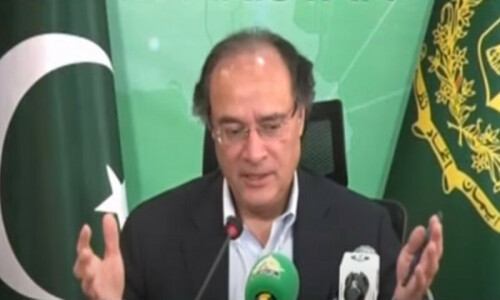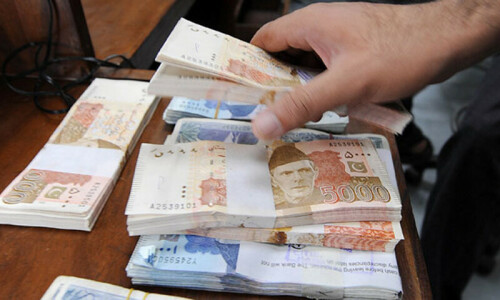What happens to an economy when it is hot outside? Globally, record-breaking temperatures have been witnessed in the past few years. Evidence shows that heat waves dampen economic output, causing GDP losses and exacerbating further global inequality. Similarly, projections for the US economy show that rising temperatures could reduce economic growth by up to one-third over the next century.
Nonetheless, the assumption that the economic damage from global warming is only confined to the agriculture sector is no longer true as climate change and environmental degradation pose significant risks to macroeconomy and financial systems. For example, climate change will affect individual and household income, sectors of the economy, energy markets, inflation variability, financial markets, innovation, and rising public debt, among others.
While rising global temperatures have profound impacts on economies all over the world, the phenomenon is still poorly understood due to the complexity of climate-related risks and their interactions with the real economy.
Scientific studies are being conducted to estimate the impact of global warming on different sectors of the economy. Nonetheless, there is a consensus that macroprudential measures are critical to mitigate climate-related risks, as without mitigation measures, physical risks from climate change-driven natural hazards — heat waves, windstorms, floods, and droughts — are likely to increase significantly.
Global warming and extreme weather phenomena can increase inflation and the debt-to-GDP ratio
While the marginal effects of temperature rise are different in different regions, the persistent increases in global temperature have serious implications for economic growth, productivity, and efficiency.
However, the sensitivity of different economies to the impacts of global warming depends on their reliance on different sectors of the economy, which can be more or less susceptible to changing temperatures. Thus, climate change will be a critical factor in shaping the responses to macroeconomic conditions in the near future.
Decarbonisation is no longer a matter of choice, as reducing carbon intensity in production processes and energy use is unavoidable in reducing carbon emissions per unit of output produced and making production cleaner. Yet, the decarbonisation of economies for net-zero targets will affect output and inflation, exerting changes in the monetary policy and macroeconomic conditions in most countries.
So, the key question for pandits of economics, especially those from the developing world, is how to reduce carbon-intensive economic activity without having serious repercussions for productivity, efficiency, and economic growth.
Climate change can potentially increase inflation and the debt-to-GDP ratio, resulting in economic uncertainty and tighter fiscal and monetary policies, which may lead to lower demand via lower spending and reduced economic activity. The transition to net zero would require the deployment of tools such as tax, subsidy, and regulation, resulting in increasing abatement costs.
This can potentially generate relative price shocks, pushing up aggregate inflation, which is likely to necessitate changes in monetary policy, not to mention the net zero transition exerting an effect on inflation would itself be difficult to handle. Furthermore, the structural transformations required for the transition to net zero are expected to alter the monetary policy channels and subsequent impact on inflation and economic activity.
Since climate change increases the frequency and severity of shocks, it may become increasingly difficult for central banks to regularly read through such shocks. In other words, identifying the regular shocks of an unknown nature to the economy will result in complicating the assessment of the monetary policy stance, which will often be confronted with the trade-off between output and inflation stabilisation.
Therefore, macroeconomic policy responses must take into account the impacts of climate-related extreme weather events, decarbonisation of economies, and net zero transition. As climate change impacts are often regional and global, invoking structural adjustment processes that may transcend national borders necessitates assessing macroeconomic implications and formulating models that provide insights with regional and sectoral differentiation.
The existing analytical frameworks and macroeconomic modelling tools are inadequate and unsuitable to grapple with the dynamic nature of climate uncertainty to design informed policy responses. Therefore, policymakers need to review and, where required, improve and align their toolkit to the new challenges. Nevertheless, reducing uncertainty and creating an environment that enables pacifying reactions will be highly critical in the future, as climate change will remain a major global risk for some time.
The writer has a PhD degree in economics from Durham University, UK and is director of research programmes for the Social Protection Resource Centre, Islamabad
Published in Dawn, The Business and Finance Weekly, June 30th, 2024














































Dear visitor, the comments section is undergoing an overhaul and will return soon.